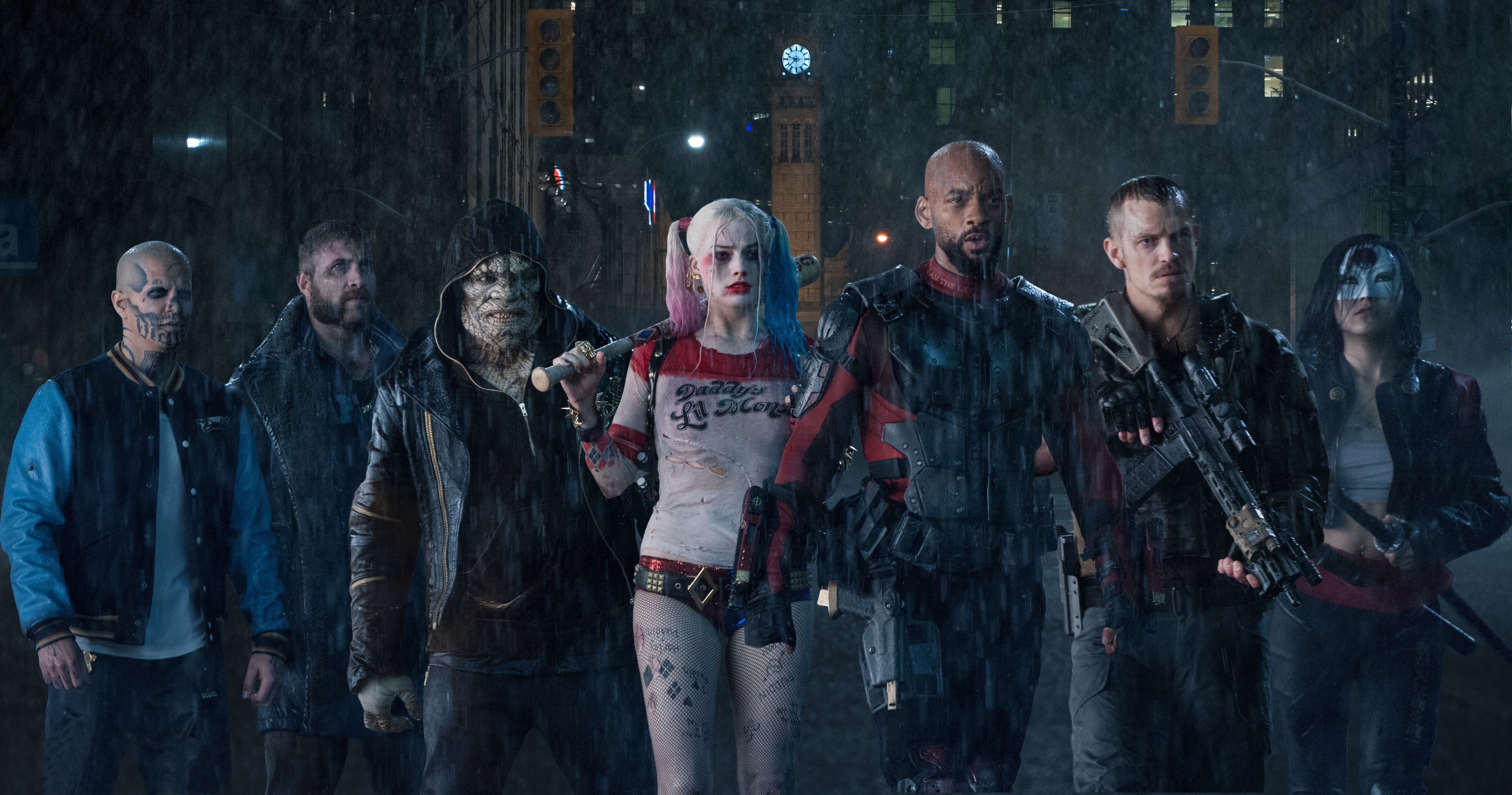The Art of the Misleading Film Trailer
Film trailers are a key component of film advertising, encapsulating a film’s style and best moments within a few rapid cuts and flashing titles. And while they are often entertaining, viewing them always runs the risk of spoiling the film. In the 60s and 70s narrators would tell audiences key plot points outright. Nowadays, rather than telling, marketing teams just show plot twists for films such as Terminator Genisys and more recently Jurassic World: Fallen Kingdom with the outcome to every single set piece being revealed which arguably indicates a lack of faith in the final product.
So, is there a solution to this? A way for film trailers to create the needed excitement for a film without spoiling key plot points? Yes. Deliberately place misleading footage into the trailer. Most recently this was the case with the most talked about film of the year so far – Avengers: Infinity War where one of the trailer’s most impressive shots was not to be found in the final film. But is this a good long-term strategy or does the problem require a more creative solution?
For a film which probably wouldn’t have needed a trailer in order for audiences to flood in to see their favourite heroes fighting a purple CGI man, Infinity War’s marketing campaign has been inescapable with its TV spots, posters and LEGO sets. The amount of footage required to keep audiences interested is therefore quite high and inevitably means that audiences will be able to piece together where all the major set pieces take place.
if you’d paid attention to the marketing, you knew pretty much where all the fights would be and the outcomes to a few of them
A few years ago, this was easy enough to do with the three trailers for The Force Awakens revealing that the film’s action could be broken down into three set pieces – sand planet, forest planet and snow planet. By the time you went to see the film, if you’d paid attention to the marketing, you knew pretty much where all the fights would be and the outcomes to a few of them. The suspense would therefore be found in the details; such as character development, the ending and whether or not the film was good. Seeing a film where you know little of the details is difficult, particularly if you’re in the habit of going to the cinema to watch your films, or even the internet where every trailer has about 20 videos telling you all the things we now know and can look forward to.
Therefore because we live in an age where trailers can be ruthlessly analysed and picked for hints of what’s to come, from a marketing standpoint, having misleading footage makes sense. It limits the amount that audiences can read into a film while generating the same level of excitement. It means that there are more surprises and if a film is good, audiences will forgive the fact the trailer misled them – this being the case with the Rogue One teaser which, due to reshoots, featured a great deal of footage that wasn’t in the final film. But because Rogue One worked, fans haven’t been in outrage at the loss of certain set pieces. But if the film isn’t as strong, there is the risk of an audience backlash as the trailers show footage that looks better than the actual film. Paranormal Activity 3 for instance promises far more in its trailer and so, left audiences feeling let down by a lack of inclusion rather than playfully deceived by a clever marketing team.
deliberate misleading could work to the film’s advantage
In some cases, trailers will be misleading as films will have massive reshoots. An example being Suicide Squad where the trailers leaned more into the comedy as it became clear the studio mandate was to have a lighter film than originally intended. This is just how filmmaking nowadays works with the speed of filmmaking increasing and major franchise films having too many nervous executives wondering how to increase marketability. But deliberate misleading could work to the film’s advantage (so long as what they hide is better than what they show). At the end of the day it comes down to the films to be stronger than their trailers, and if they have to mislead audiences beforehand, all the better as having genuine suspense as to what’s going to happen in a major franchise film is growing rarer these days. We live in a culture which is able to obsess over every detail and the fact that Marvel decided to tweak its visuals paid off. It’s something other films could learn from: show us hints not twists and if you entertain us, all we’ll remember is the final film being entertaining, and not the twisting road that led us there.

Comments